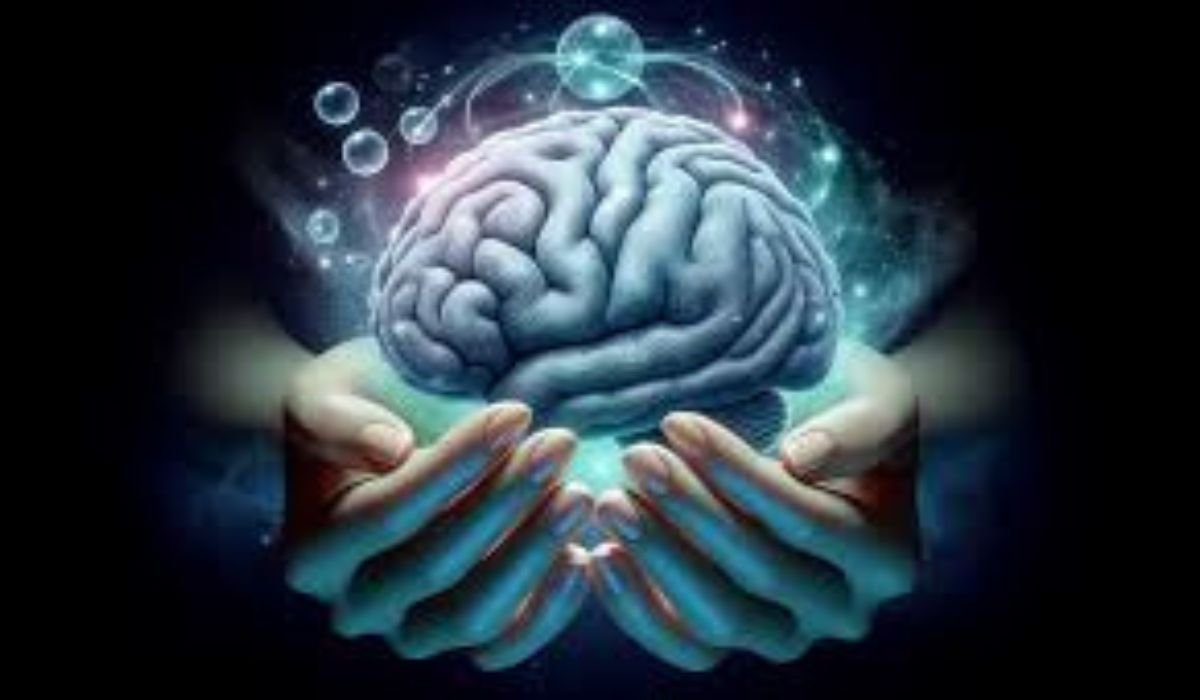The brain is a very impressive organ. Because of the network of different cells and connections, we can think, feel and carry out different activities. Have you ever considered what would take place if oxygen which we need for life, did not come to this important organ?
We are going to examine the immediate effects of oxygen deprivation as well as how this can damage the brain over time. It also talks about anoxic brain injury, conditions that can cause someone to experience oxygen deprivation and the methods that can be used to prevent and treat them.
How Oxygen Supports the Functions of the Brain
First, we should learn how brain function depends on oxygen before knowing its deprivation.
Brain activity is high and therefore it constantly depends on oxygen to operate correctly. Neurons create energy which is needed by the brain for all its tasks through the breakdown of oxygen molecules.
Effects of Lack of Oxygen on the Body at Various Time Frames
Lack of oxygen to the brain causes the condition known as hypoxia or oxygen deprivation. The brain is very affected by oxygen levels and any short-term loss can lead to immediate consequences.
Hypoxia may cause symptoms that are quite mild or very severe. The first signs may involve changes in the skin’s color such as blue fingernails, blue skin or blue lips, a condition known as cyanosis. At the beginning, people may display restlessness, experience anxiety and have a heart rate that is higher than normal.
Keep in mind that more severe symptoms will occur when the time without oxygen is longer and broader. Brain damage can be permanent the longer someone goes without food.
When there is no oxygen to the brain for even some time, the brain cells begin losing their ability to work and eventually pass away. Within just some minutes, the situation can lead to another injury called anoxic brain injury.
Injury Where There is Not Sufficient Oxygen
To start with, we need to know the difference between anoxia and hypoxia before we look at Anoxic Brain Injury. Even though they both involve oxygen loss, these conditions are different in how they affect individuals.
Hypoxia occurs when oxygen is lacking, as compared to anoxia which means no oxygen is present.
Hypoxia means that the body does not get enough oxygen. It suggests that there is not enough oxygen which may result in abnormal operation of the body. On the contrary, anoxia happens when there is no oxygen in the blood at all. The word is taken from the Greek word “an,” which translates as “without.”
If someone is in hypoxia, the body or the brain is supplied with a bit of oxygen, but it is not adequate to carry out regular metabolism. Often, when the supply of oxygen is lost, brain and physical issues like confusion or trouble moving may develop, improving when oxygen is restored as soon as possible.
But when the blood lacks oxygen to a major extent, it becomes anoxia. If there is no oxygen at all, cell death can occur and cause irreversible injury very quickly. Such results may occur due to cardiac arrest, serious trouble with breathing, drowning or some other traumatic situations.
Sometimes, it leads to disorders such as difficulties in thinking, memory problems, problems with movement or shifts in behavior.
The classification of anoxic brain injury includes 4 main categories.
Experts agree that Anoxic Brain Injury has four different types. These examples are diffuse cerebral hypoxia (DCH), focal cerebral ischemia, global cerebral ischemia and cerebral infarction. I would like to explain what each of them does in a nutshell.
- If not treated soon, the mild or moderate decrease in oxygen to the brain can result in harmful changes in thinking and brain function.
- When there is not enough oxygen in a certain brain region, it is known as focal cerebral ischemia and could result from a stroke or clot.
- If oxygen reduction reaches every part of the brain due to things like cardiac arrest, it is referred to as global cerebral ischemia.
- A stroke known as cerebral infarction occurs when blood flow to a part of the brain is blocked, stopping oxygen delivery.
For how long can the brain keep working without oxygen?
The brain can only stay without oxygen for a brief time before harm to the brain starts to grow fast.
- After 1-2 minutes, the brain suffers harm and people’s thinking and memory processes start to fail.
- After 3-5 minutes, the injury gets worse and affects the brain regions that control mental and cognitive processes.
- Within 10 or more minutes, usually, brain death or permanent serious brain damage is unavoidable.
It is important to realize that the timeframe for damage depends on the person’s health, the reason for oxygen loss and how fast help is given.
The many ways that lack of oxygen can reach the brain
There are various possible reasons for oxygen to be cut off from the brain. Some of the most common factors behind UTI include the following:
| Cause | Description |
| Cardiac Arrest | The heart stops beating, preventing oxygenated blood from reaching the brain. |
| Stroke | A blockage or rupture in a blood vessel in the brain limits oxygen supply. |
| Drowning | Water enters the airways, preventing the person from breathing oxygen. |
| High Altitudes | The air at high altitudes contains less oxygen, which can cause hypoxia. |
| Choking or Airway Obstruction | Obstructions in the airway can block airflow and limit oxygen intake. |
Is it possible to reverse Oxygen Deprivation?
Recovering from a lack of oxygen in the brain depends on how long it lasted and just how severe it was. When treatment is administered early in cases of lack of oxygen, doctors are usually able to treat the damage and prevent more harm from occurring. Still, when people are malnourished for a long time, their brain cells may be permanently damaged, causing serious brain conditions or death.
Quick measures such as CPR, defibrillation or aid in breathing play a key role in saving a patient’s life. Anyone facing a cardiac arrest or drowning can be revived using life-saving methods, letting oxygen return to their brain and keeping serious injuries away.
Final Thoughts
The proper functioning of the brain depends on oxygen, so if its supply is interrupted, the results can be very serious. It helps to spot the signs of oxygen shortage and see a doctor right away to prevent brain damage.



